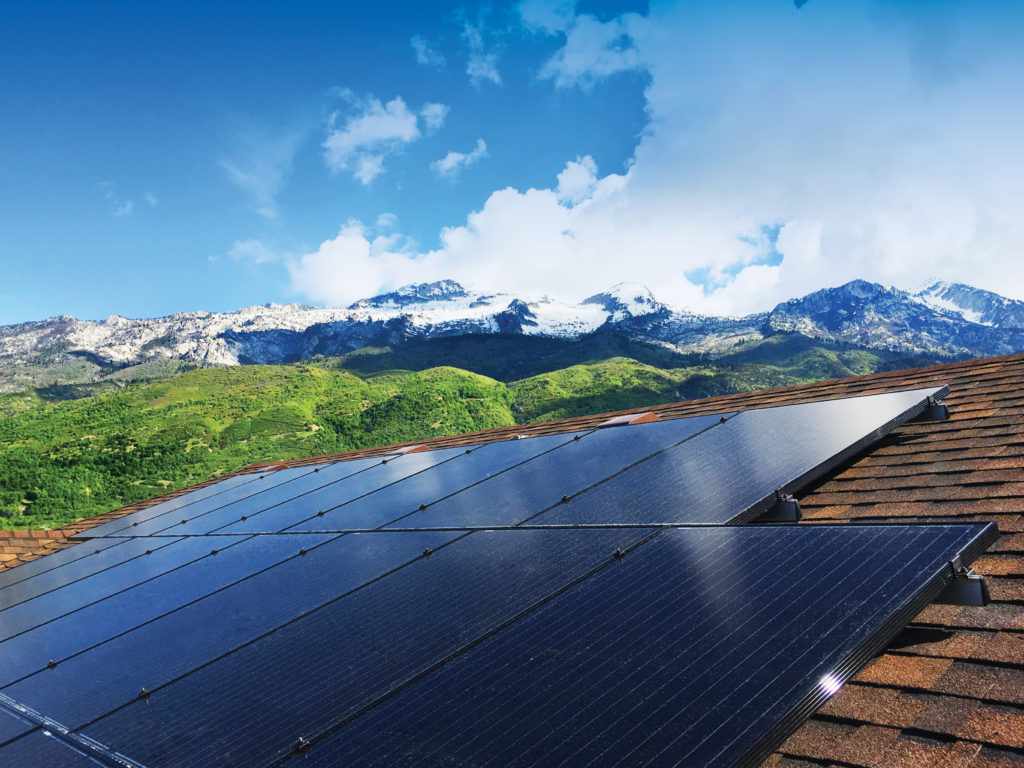Energy demand is on the rise in the United States. Due to the coronavirus pandemic, more Americans are working from home or remote learning. As a result, electricity bills are up 22% since the pandemic started in March 2020.
Increased energy use is forcing many homeowners to consider transitioning to solar energy. Read on to learn what are the pros and cons of solar energy. This comprehensive guide will help determine whether residential solar energy works for you.
What Are the Pros of Solar Energy?
The pros of solar energy are a long and extensive list. Let’s start off with cost. You can reduce your monthly utility bills by transitioning to solar power.
With solar, you are harvesting the power of the sun to meet your home’s energy demand. The electric company is now a supplemental energy provider. They will provide a fraction of the power they did before the transition, resulting in lower monthly costs.
The savings provided by switching to solar pay for the upfront investment. Experts believe that you can fully recoup investment costs in as little as 15 years.
Another benefit is doing your part to ensure a sustainable and green energy future. Solar power is a renewable resource, meaning that there is a limitless supply.
You also are doing your part to combat climate change. Many homeowners are not aware that their home is emitting carbon dioxide into the atmosphere and contributing to global warming. Solar panels do not emit any carbon dioxide when producing electricity.
What Are the Cons of Solar Energy?
While the economic and environmental benefits are clear, there are some negatives associated with solar power. The upfront cost is the biggest turnoff to potential customers.
The average solar panel installation costs nearly $15,000. This figure includes all federal and state tax credit programs. The most expensive solar systems range up to $40,000.
There are many variables that impact the total project cost. You will need a solar panel company to work up a quote to see the total price for your home.
The good news is that you do not need to pay upfront. There are financing and leasing programs to help consumers spread the cost out over time.
Another con is that the installation of solar panels may necessitate modifications to the roof. Aging roofs with brittle shingles, cracks, or leaks are specifically the issue.
Consider that solar panels are installed on an aging roof. When the roof ultimately needs repair, labor costs will skyrocket as the solar panels now need to be removed and re-installed.
A Recap of What Are the Pros and Cons of Solar Energy?
At a minimum, it is worth considering the switch to solar power. If your home is in an ideal location, investment costs can be recouped in short order. You should also check to see what tax incentives are available in your state to help pay.
If you enjoyed this article about what are the pros and cons of solar energy, check out our blog for more great content.

